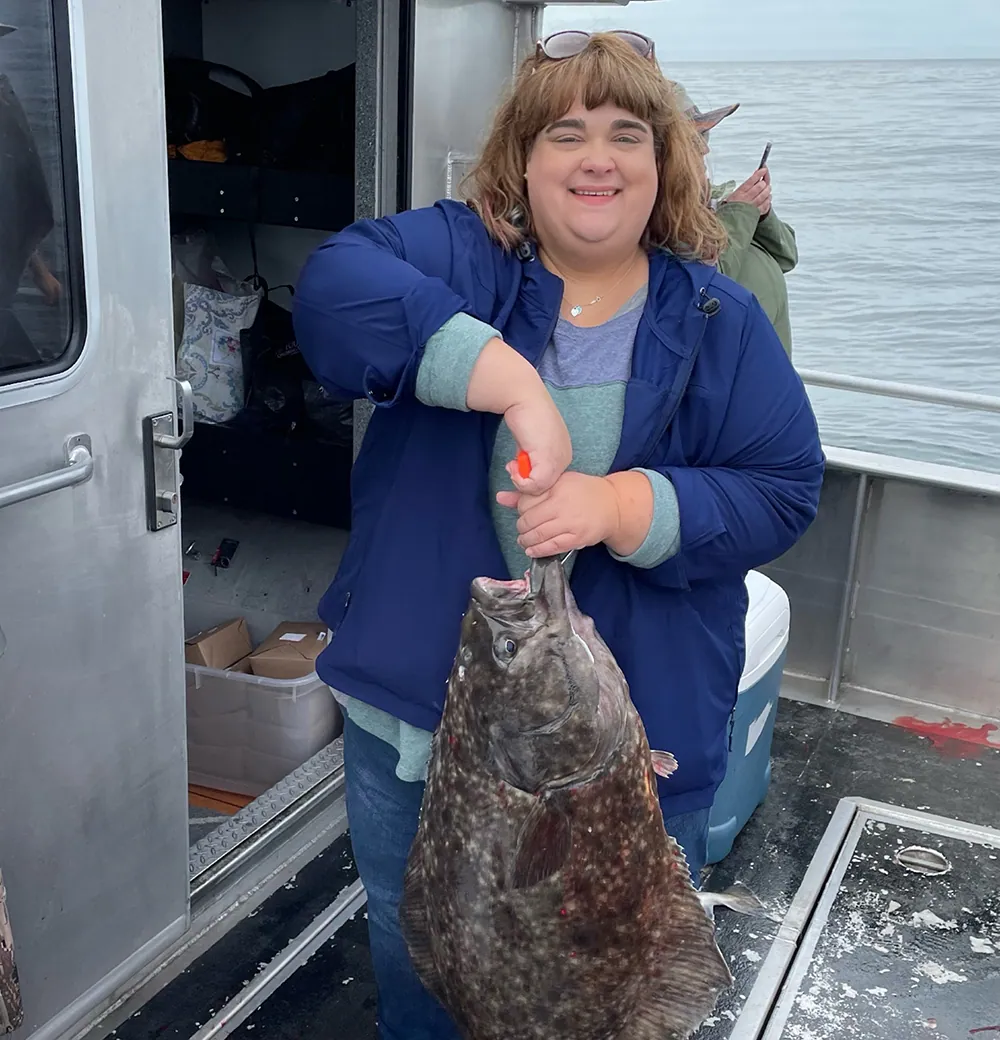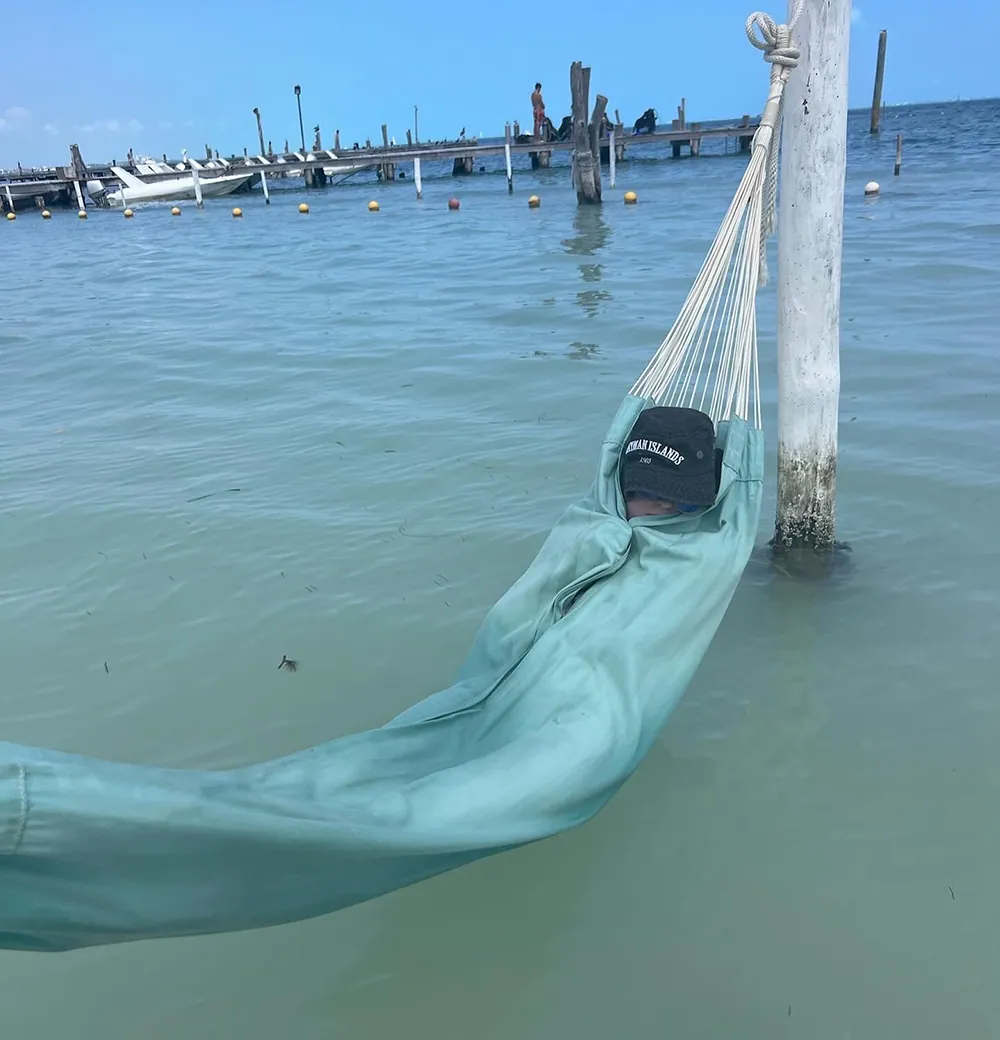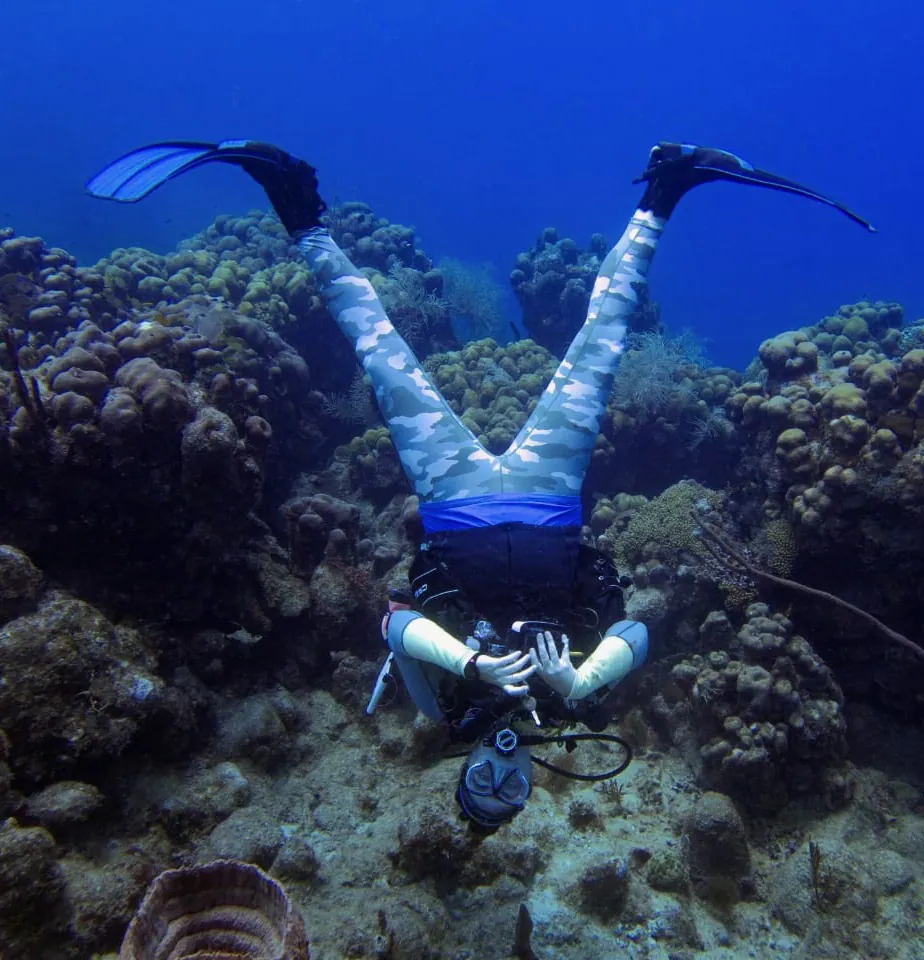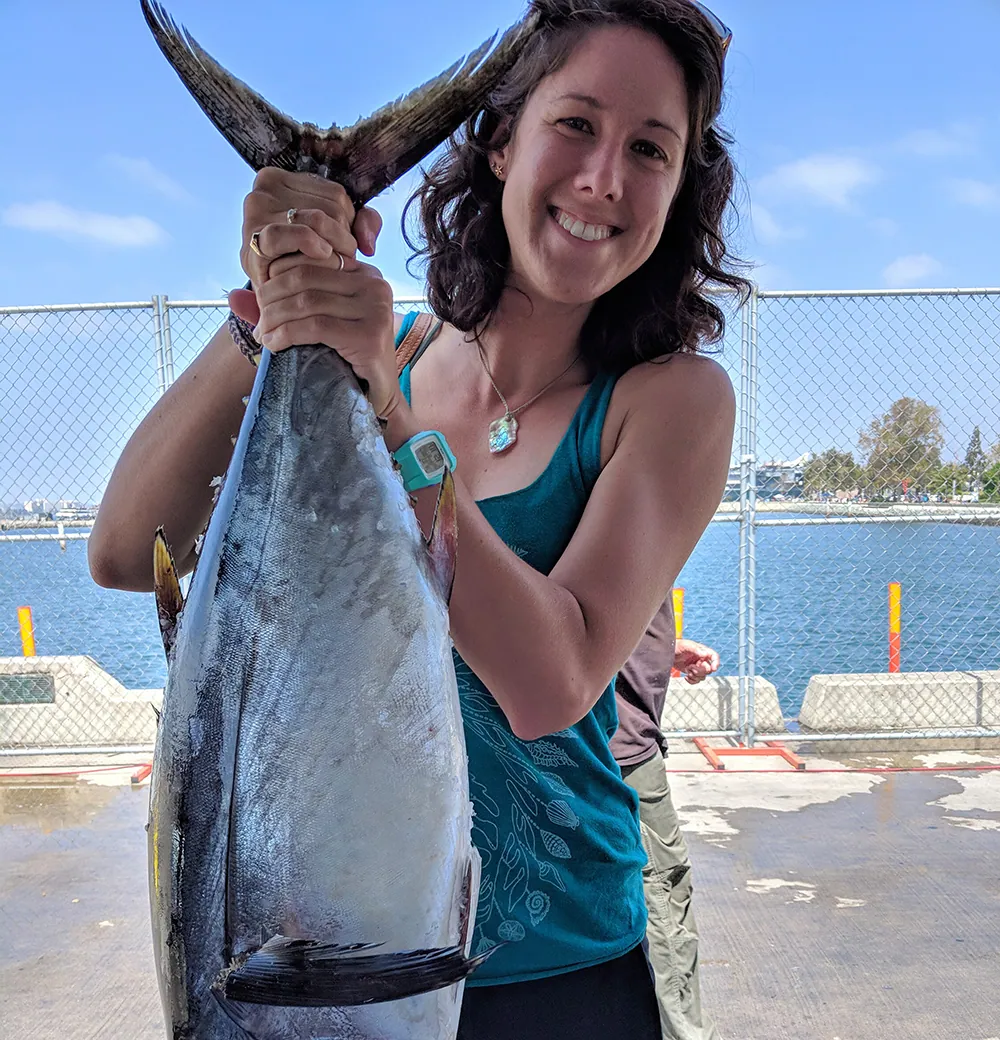On Tuesday, April 18, the House Committee on Science, Space, and Technology held a hearing to discuss draft legislation that would formally establish the National Oceanic and Atmospheric Administration (NOAA) as an agency that exists independently of any cabinet-level department. If passed, the bill—a statutory framework known as an Organic Act—would separate NOAA from its current home at the Department of Commerce.
The hearing focused on evaluating the challenges around NOAA’s existing structure within the federal government, impacts a NOAA Organic Act could have on the agency’s current programs, and how an independent NOAA might be positioned to execute its mission.
Old Structure, New Challenges
NOAA’s origin story dates back to the early 1800s, but the agency wasn’t officially founded until 1970, when President Richard Nixon consolidated a variety of scientific activities under one operational umbrella. To this day, Congress has not passed legislation to define NOAA’s mission and functions. NOAA currently operates under more than 200 unique statutes and must regularly report to and receive clearance from the Department of Commerce in order to conduct its work.
At the April 18 hearing, House Committee on Science, Space, and Technology Chair Frank Lucas (R-OK-3), who released the draft legislation at the end of last year, said that while NOAA’s value cannot be understated, its current structure prevents the agency from reaching its full potential. Ranking Member Zoe Lofgren (D-CA-18) similarly praised the agency and expressed interest in reopening this discussion. The hearing’s three witnesses—former NOAA Administrator Admiral Conrad C. Lautenbacher and former Acting Administrators Dr. Tim Gallaudet and Dr. Neil Jacobs—shared the opinion that as an independent agency, NOAA would be more agile and efficient, subject to fewer layers of bureaucracy, and less vulnerable to consolidations and budget cuts that arise from competing priorities at the department level. The witnesses underscored that the change is worth considering as NOAA grapples with evolving global challenges.
It’s All in the Details
This isn’t the first time a NOAA Organic Act has been considered by Congress. Draft legislation with a similar goal was first introduced in 1977 and the concept has been discussed repeatedly in the years since. Though there has been bipartisan support for an independent NOAA, past negotiations have stalled due to differing opinions around the details.
Concerns raised during this hearing included how the transition to an independent agency could impact NOAA’s funding and existing regional programs and whether projects might be lost—intentionally or not—in the process. Members also raised concerns about a section in the draft bill that would evaluate whether NOAA’s work on endangered species and marine mammals should be moved to the Department of the Interior, a move that could impact ecosystem management and maritime industries. Members also noted a lack of specific language in the draft bill around ocean acidification, combating ecosystem changes, and overfishing.
Ranking Member Lofgren requested that the committee hear from other stakeholders in the future, emphasizing the need to consider a variety of opinions on the matter. This is likely to be the first conversation of many regarding the latest proposal for an independent NOAA. All Members present appeared interested in continuing the discussion.
ESP Advisors clients will receive a full summary of the April 18 hearing and continued updates as the conversation unfolds.











